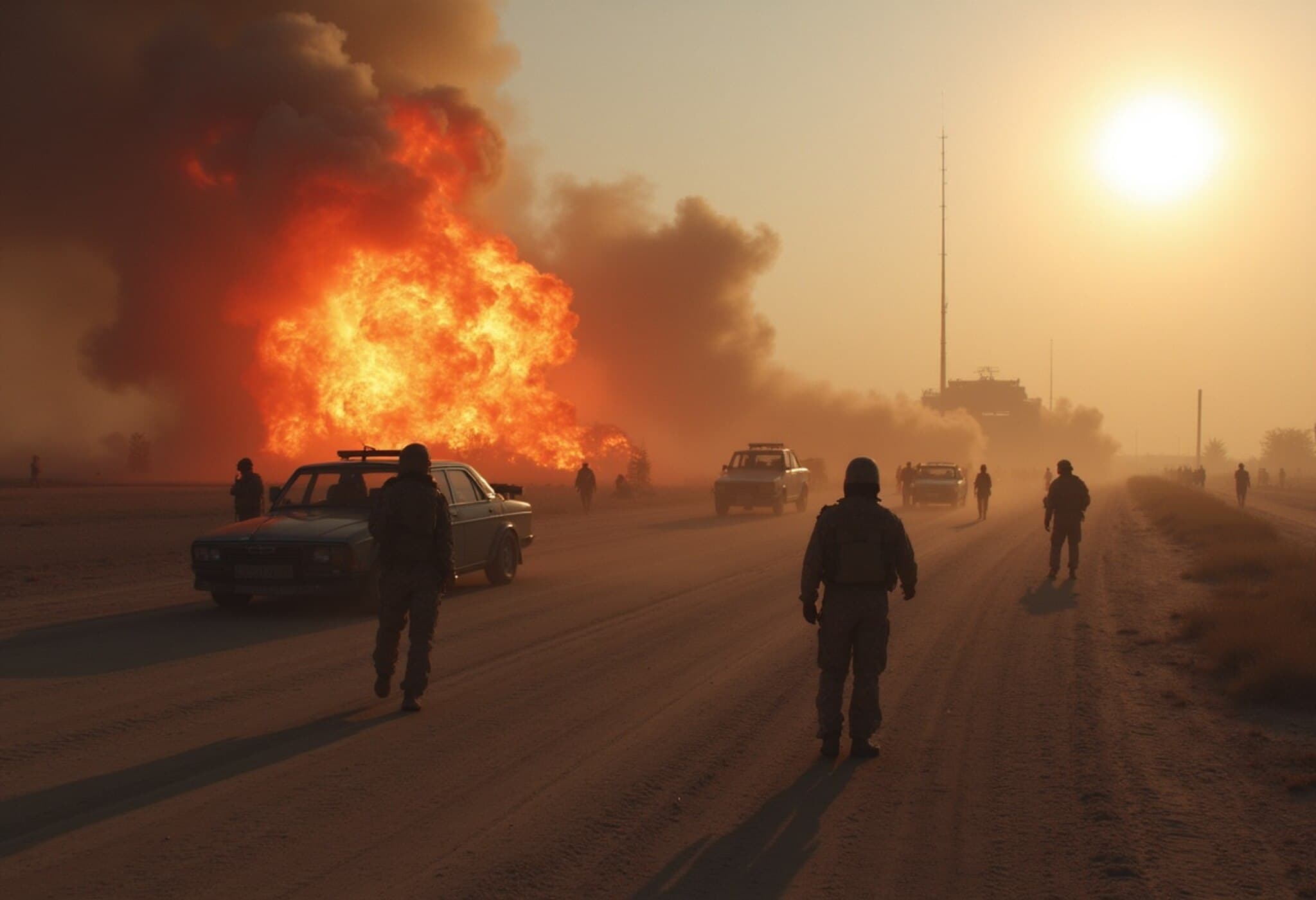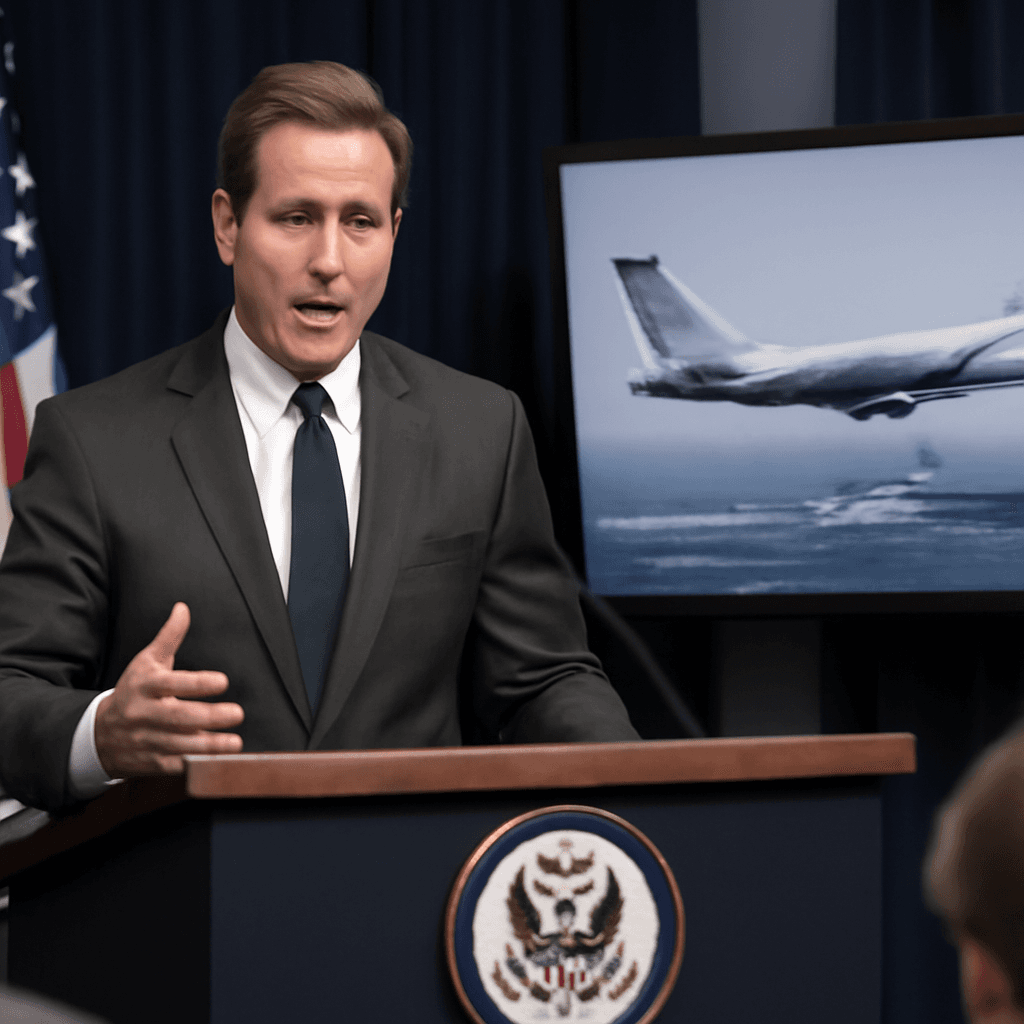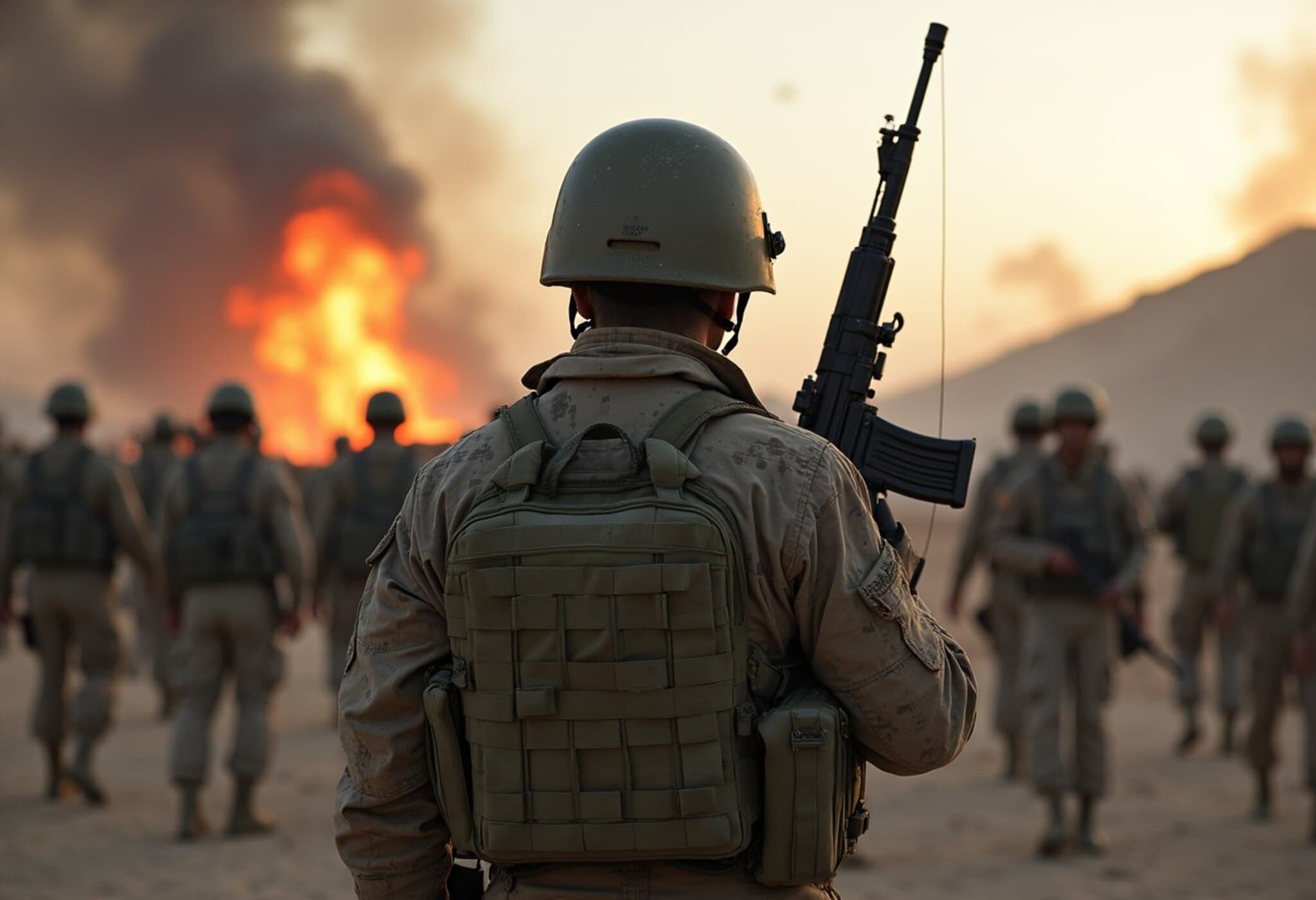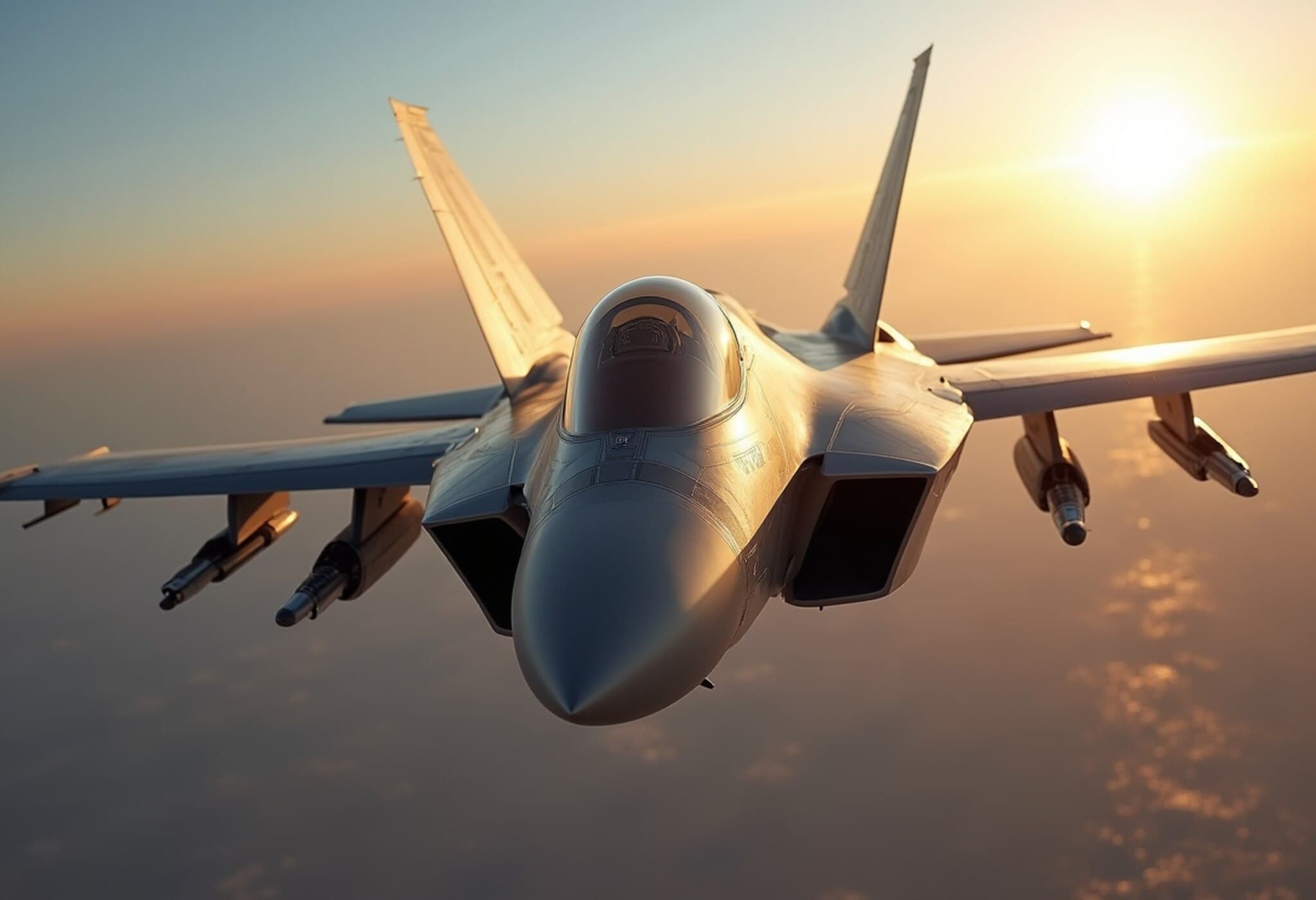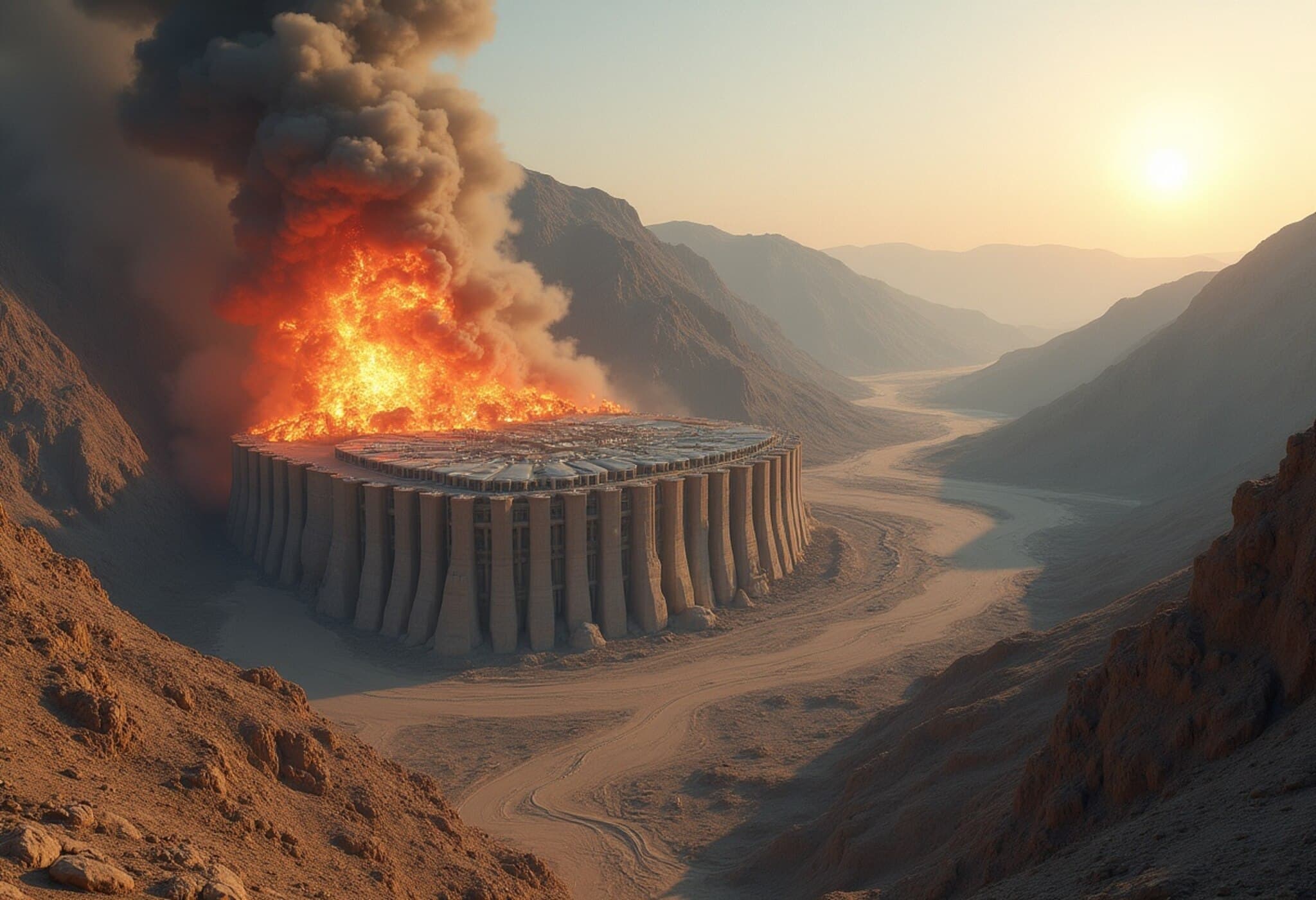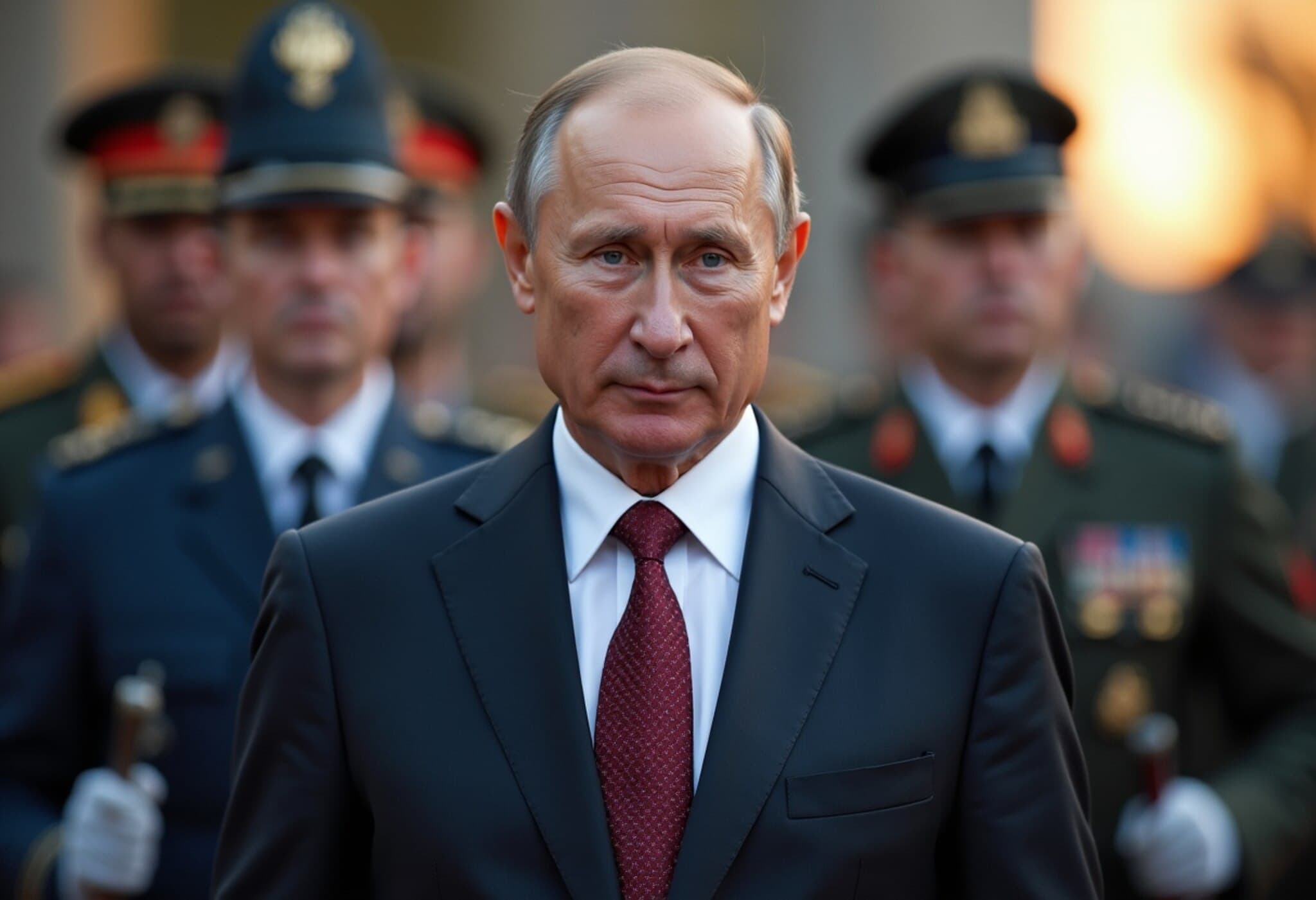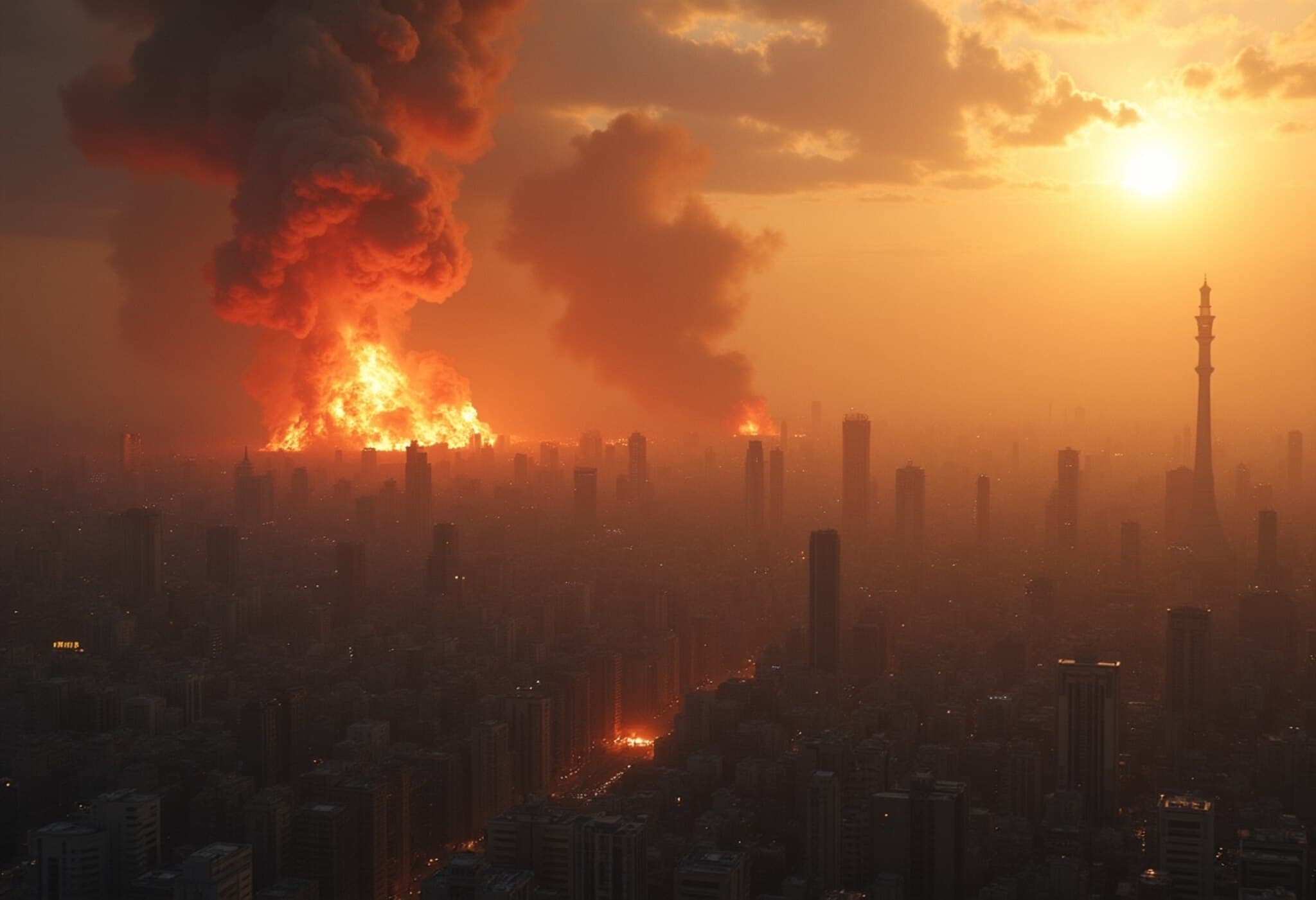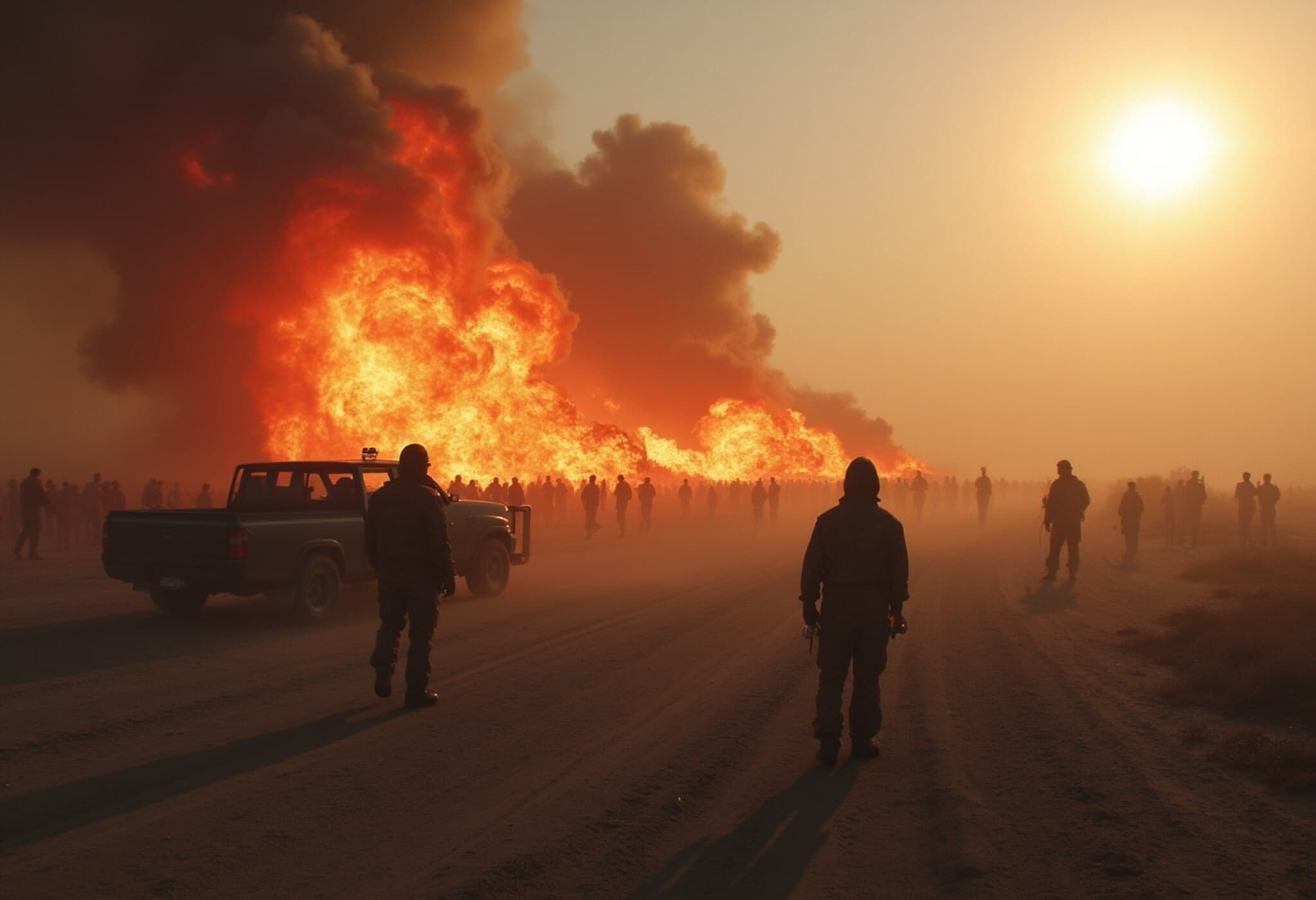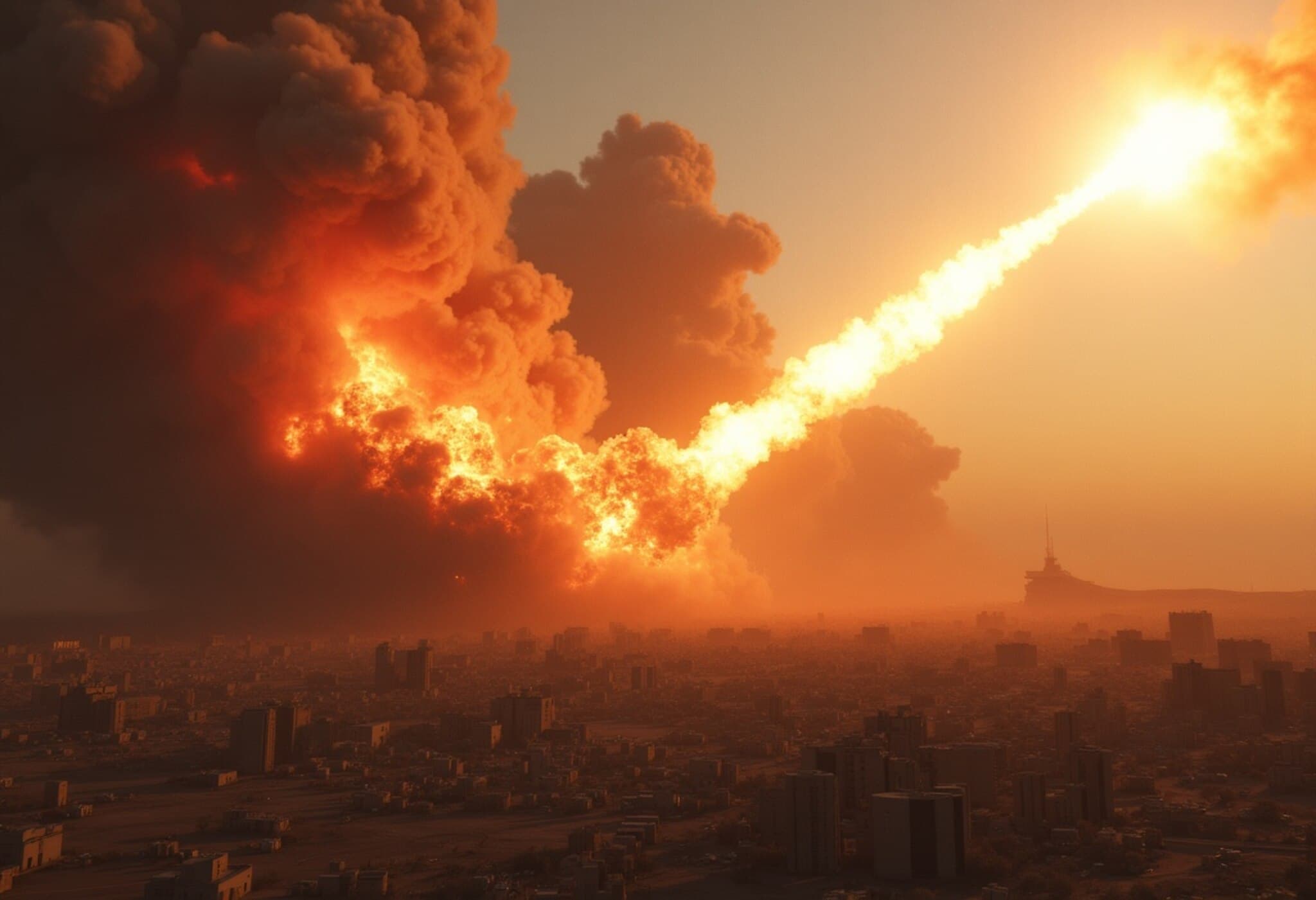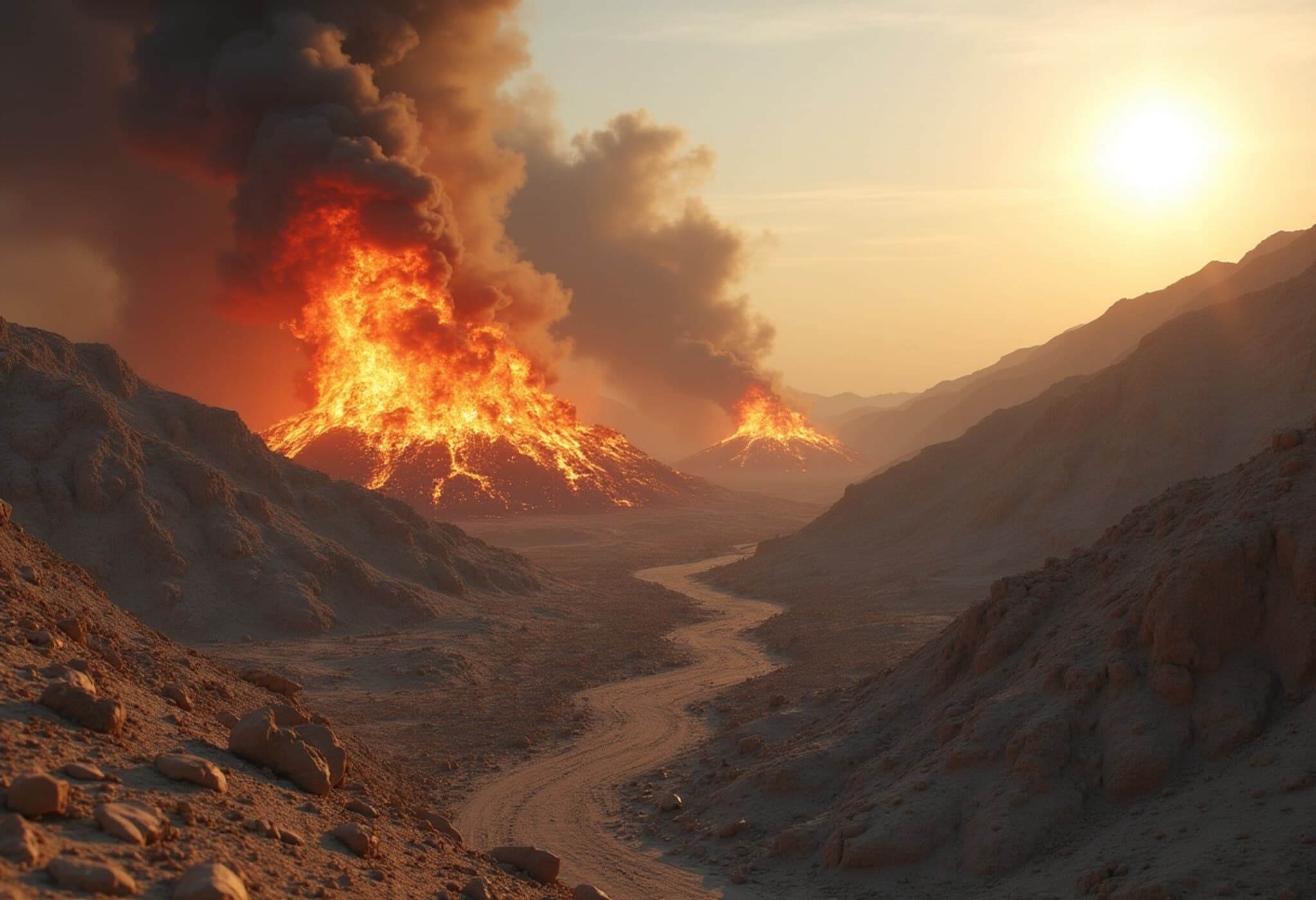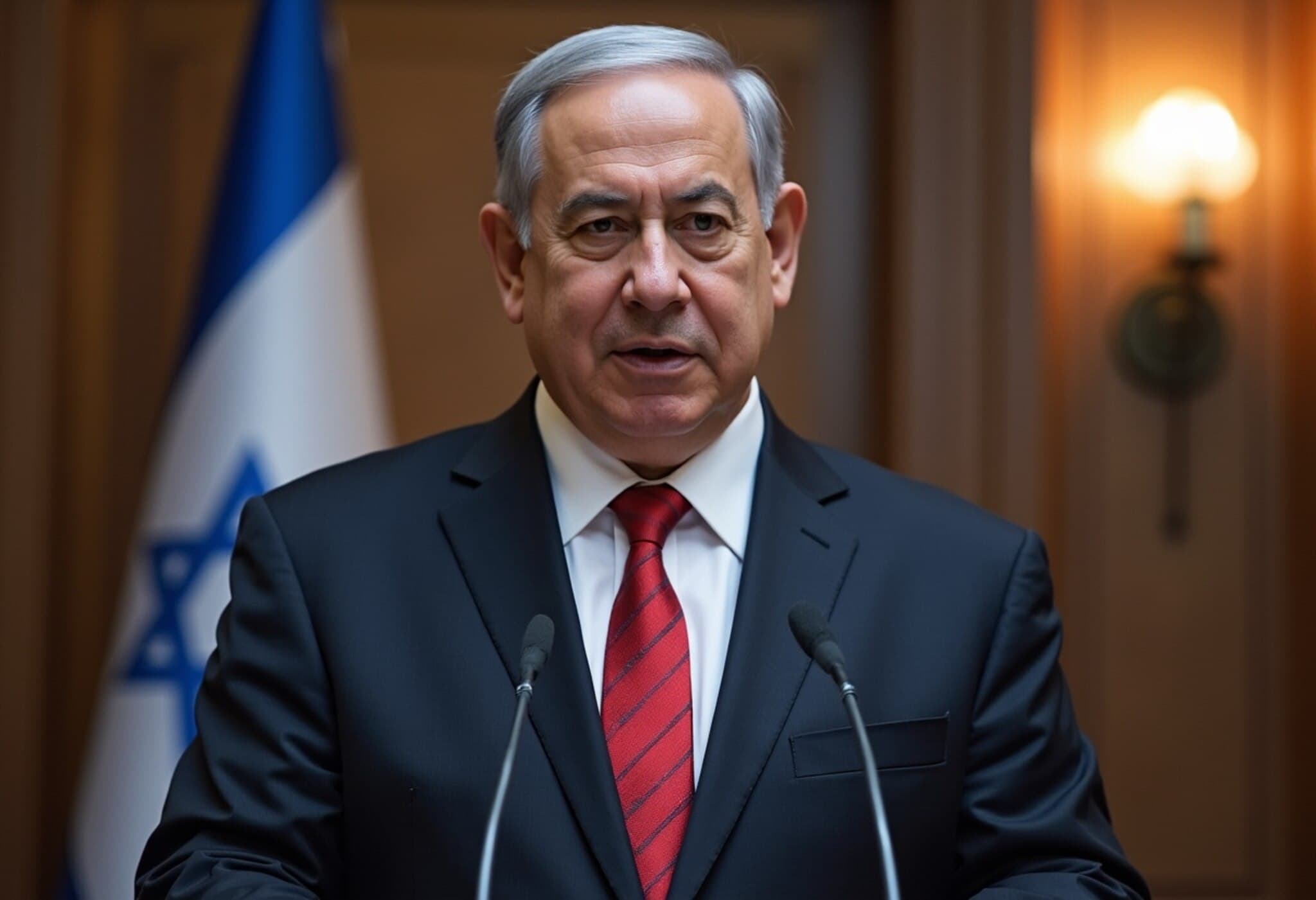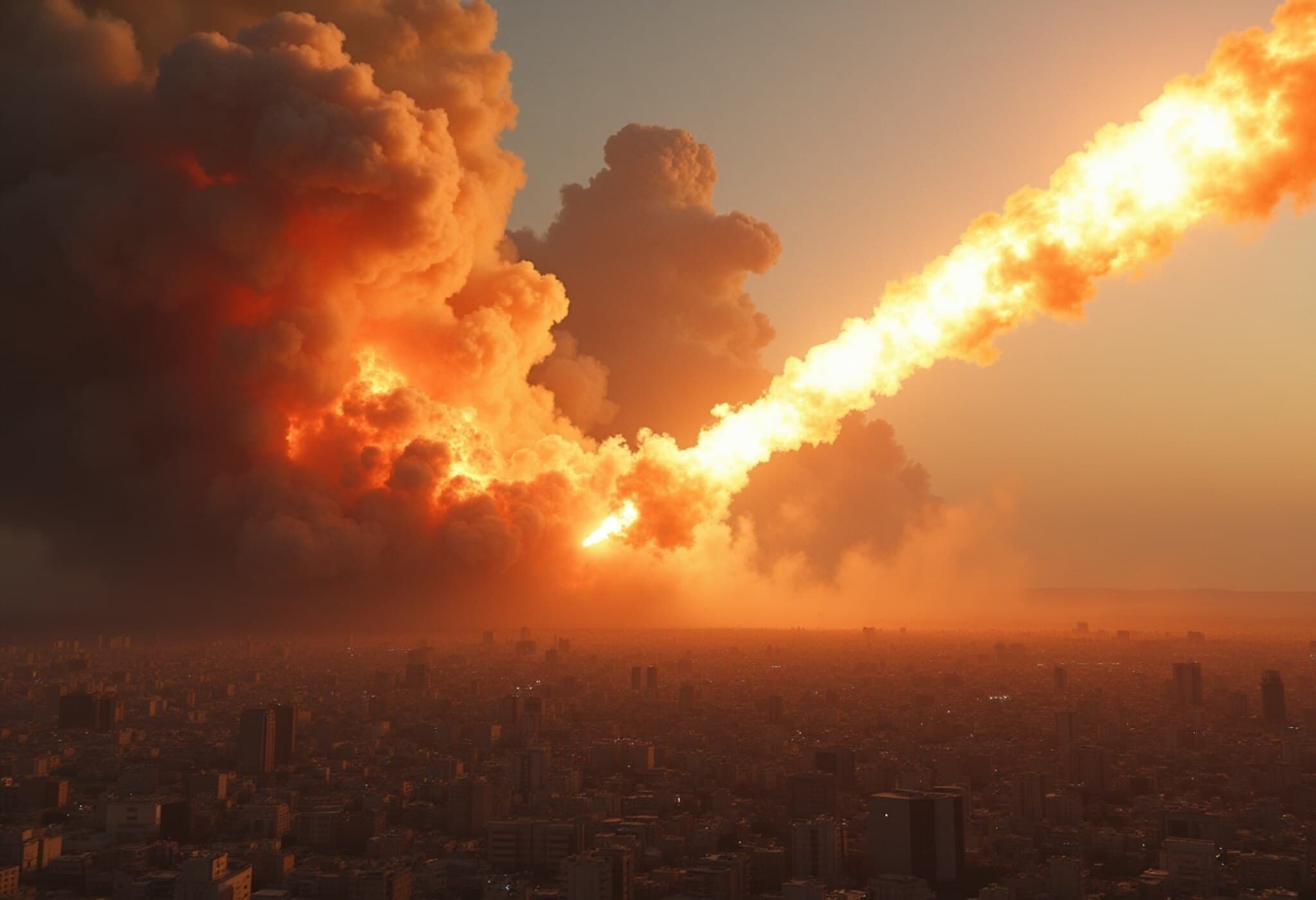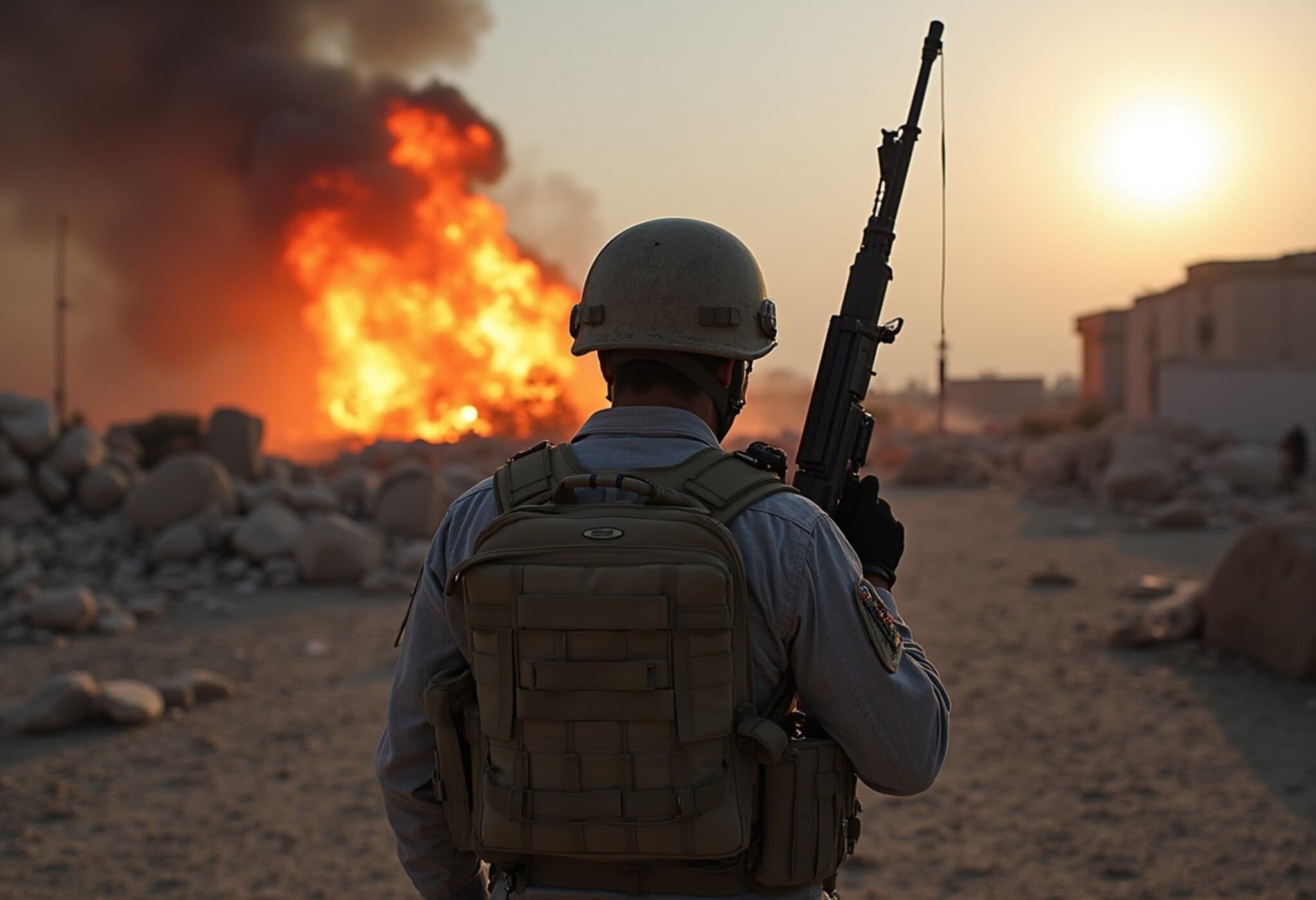Iran May Strike Back Within Days, Warn US Officials
In the wake of recent airstrikes on Iranian nuclear facilities conducted over the weekend, US officials have warned that Iran could launch retaliatory attacks against American forces stationed in West Asia within the next day or two.
Two anonymous US officials revealed concerns on Monday that Tehran is preparing a response to these military actions, highlighting the heightened tensions in the region. Despite the looming threat, Washington reiterated its commitment to seeking a diplomatic solution to prevent further escalation.
Enhanced US Military Precautions Amid Rising Risks
Following the strikes, US defense leaders have increased protective measures for American troops deployed across West Asia. Nearly 40,000 US personnel are currently stationed throughout the region, including Iraq and Syria, many guarded by state-of-the-art air defense systems, fighter jets, and naval units capable of intercepting attacks.
Still, some installations remain exposed to potential Iranian reprisals. The Pentagon has responded by repositioning certain aircraft and naval assets from bases considered vulnerable. Notably, some forces have moved out of Al Udeid Air Base in Qatar—the region’s largest US military hub, housing approximately 10,000 troops and sprawling over 24 hectares near Doha.
The Stakes Around the Strait of Hormuz
While Iran has publicly vowed to defend itself and retaliate following the strikes, it has so far steered clear of direct assaults on American bases or attempts to close the Strait of Hormuz. This strait is a critical artery in global oil commerce, channeling roughly a quarter of the world’s oil shipments.
Analysts suggest this restraint could be driven by a desire to avoid sparking a wider conflict with the United States, opting instead for calibrated responses that send a warning without triggering full-scale war.
Strong US Response Prepared
US leadership has made clear that any Iranian attack would be met with overwhelming force. General Dan Caine, Chairman of the Joint Chiefs of Staff, confirmed the military’s ongoing adjustments to strengthen regional defense. Meanwhile, President Donald Trump warned that Iran’s response would provoke a retaliation “far greater” than their initial strikes.
Looking Ahead
The coming days are critical as both sides navigate a tense standoff. With the potential for swift retaliation looming, the international community watches closely, hopeful that diplomacy will prevail over further violence.

